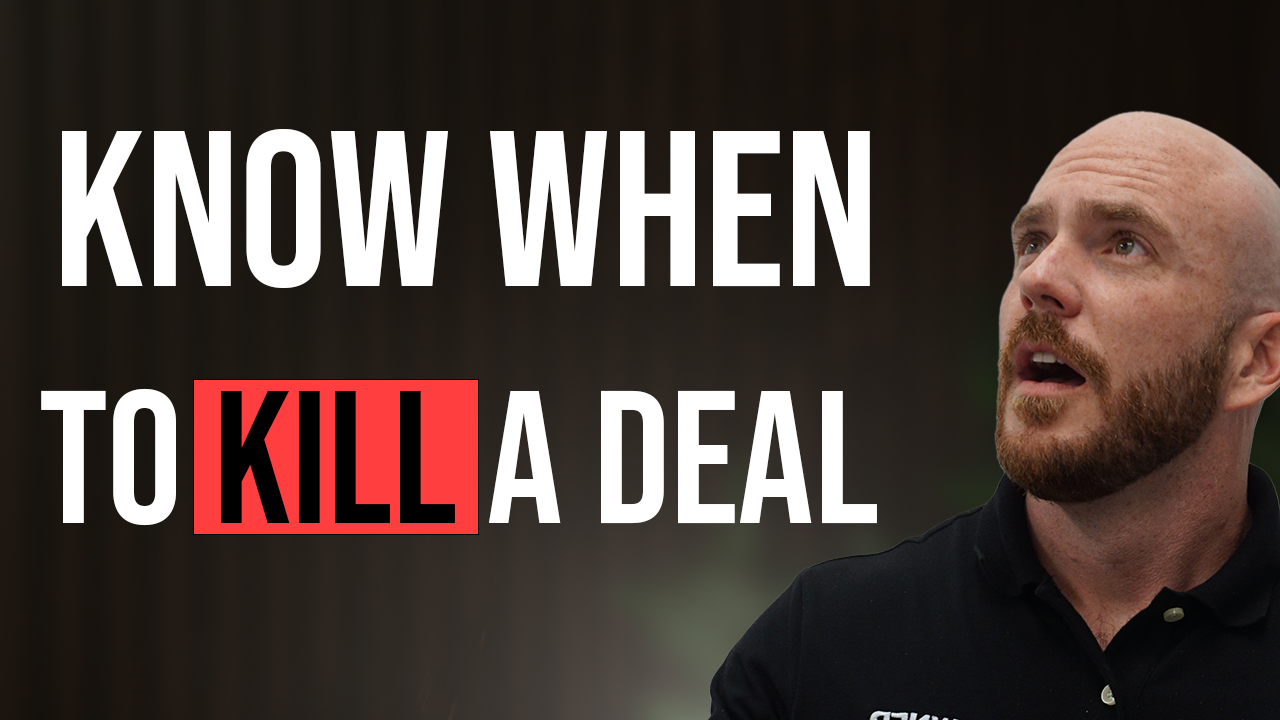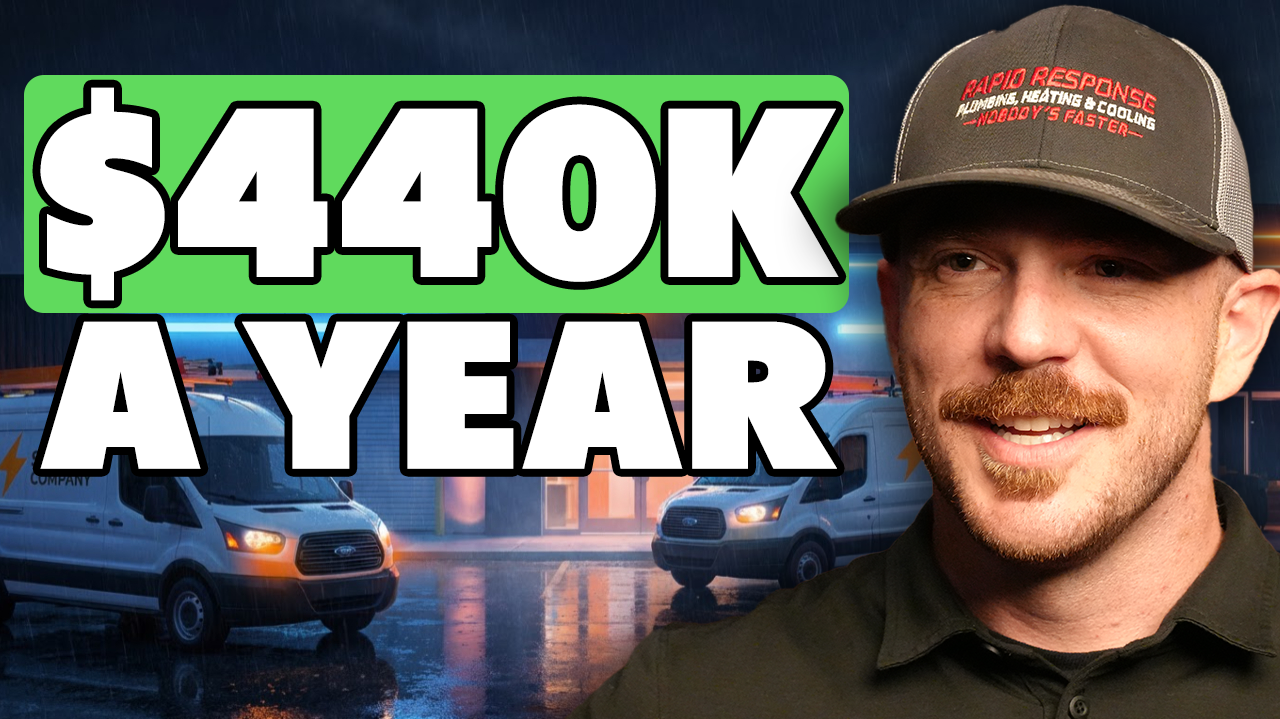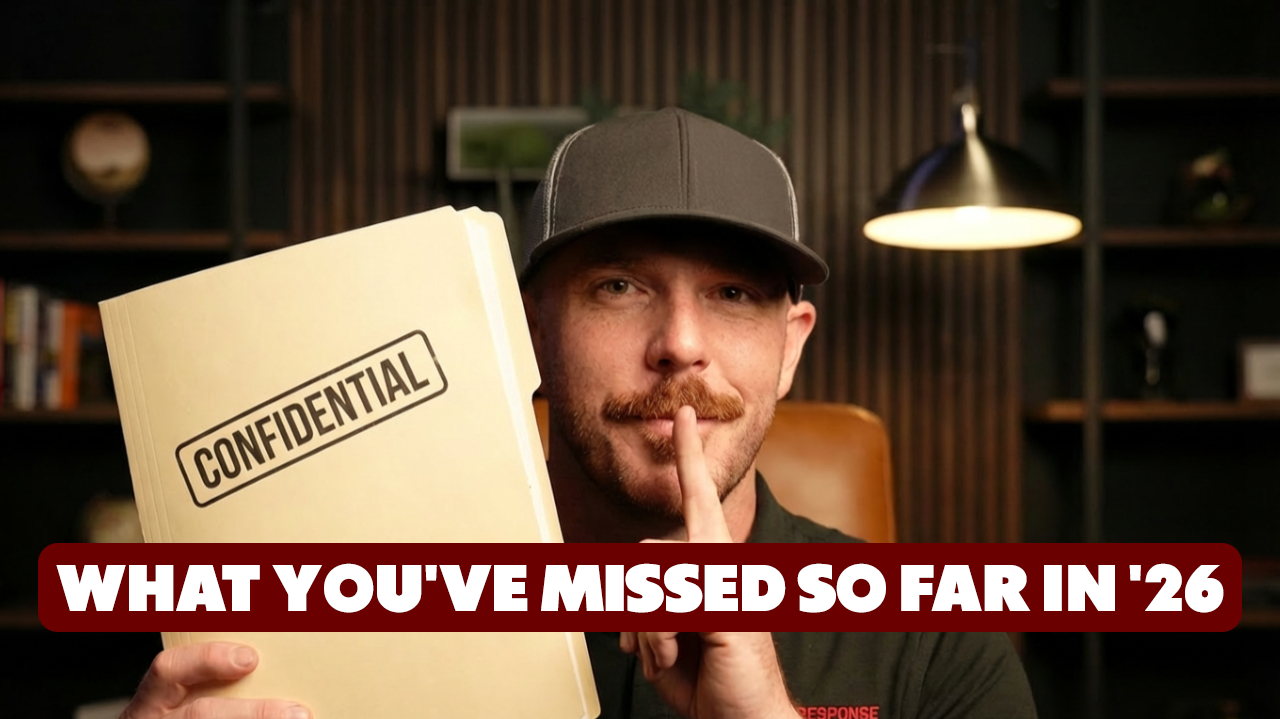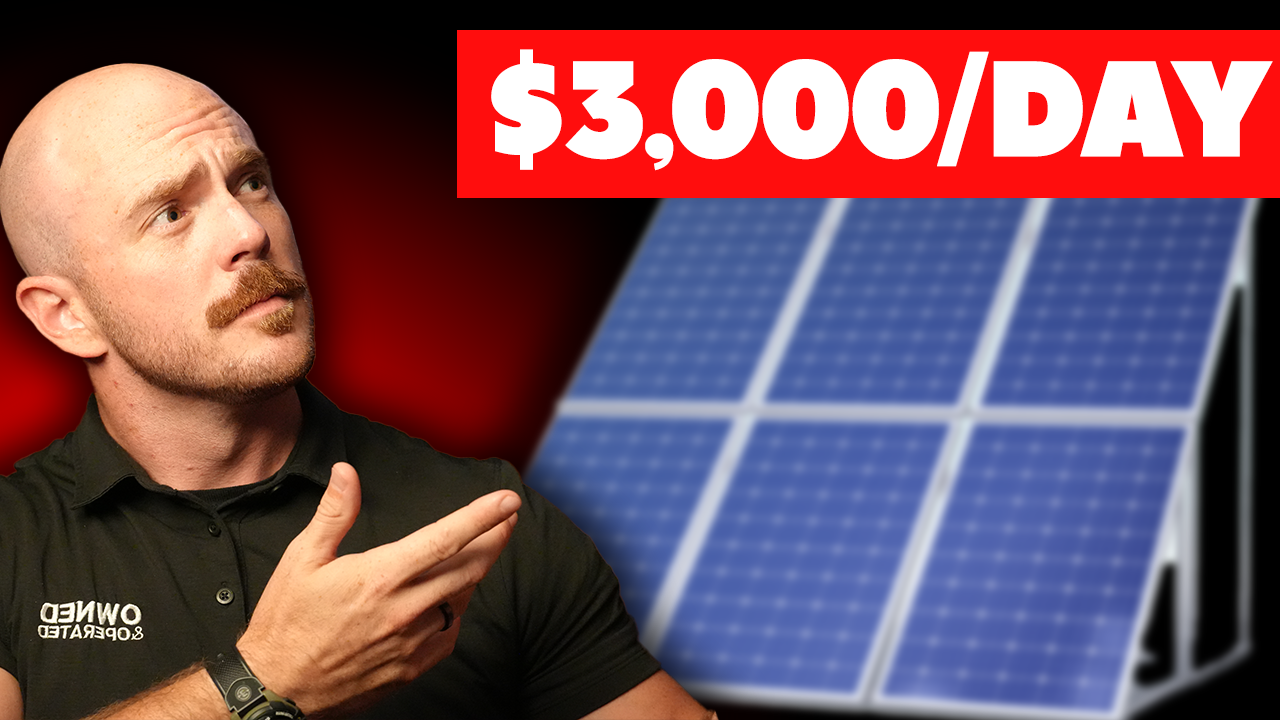Most deals do not fall apart because the numbers never worked. Nope.
They fall apart because the risk shifts and the price no longer makes sense. That is what happened to Chris Barr.
On paper, it looked like the ideal business.
He loved the sector, got along with the owners, and the fit seemed right. But once the quality of earnings and bank statements came in, the story changed.
The financials revealed drops in SDE, operational discrepancies, and gray areas the seller could not explain. When Chris asked for a price adjustment, the sellers would not budge. That left him with a worse multiple than he signed up for.
I told him what I tell anyone in that spot: ignore the emotion and ask if the purchase price justifies the risk. His answer was no. And that is why he walked.
Why You Walk Away
Killing a deal hurts in the moment, but it saves you from bigger problems down the line.
- You do not lock yourself into a take-home that will not justify the effort.
- You do not gamble on “hidden potential” buried in sloppy books.
- You do not let the sunk costs of lawyers, accountants, and three months of work push you forward.
Instead, you buy yourself freedom. Freedom to reset, refine your process, and take another swing when the right opportunity comes along.
Chris told me it felt like paying tuition. The money, time, and emotion he sunk into the process bought him sharper instincts and stronger discipline. He can now spot risk faster, manage due diligence more efficiently, and lean on the experience when the next LOI comes across his desk.
Lessons for Operators
When you are in the middle of a deal, you need a filter that cuts through the noise:
- Does the purchase price line up with the real risk you are taking? Multiples are just market markers, not gospel.
- Are the books backed up by bank statements and a quality of earnings, or are you trusting the seller’s story?
- Will the take-home you model out be worth the grind once you are in the operator’s chair?
The Primary Takeaway
The ability to walk away is a superpower in acquisitions.
Too many buyers ride out bad deals because they feel trapped by sunk costs. Chris proved the opposite.
He let go of what looked like a dream business, and that decision will pay off for years. There will always be another deal. The skill is knowing when the juice is not worth the squeeze.




